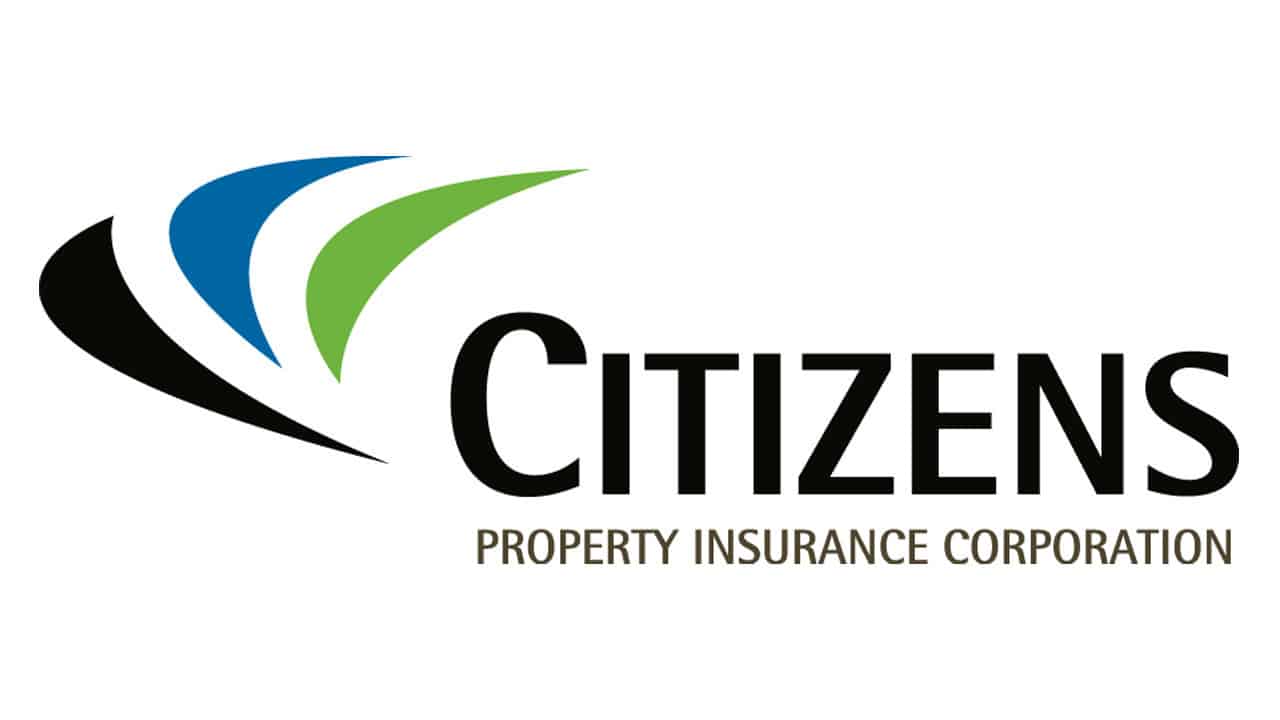Florida: Legislators pitch hurricane risk pool, Citizens CEO questions reinsurance availability

At a meeting of the Florida House Insurance and Banking Subcommittee yesterday, Tim Cerio, the CEO of Citizens Property Insurance Corporation cautioned that the global reinsurance market may not have sufficient capacity to back lawmakers’ idea of turning the insurer of last resort into a hurricane risk pool for the state.
The Committee heard a pitch from State Representative’s Spencer Roach and Hillary Cassel, for House Bill 1213 which is currently seen as not standing a chance of being passed with no senator adopting the bill, but was deemed deserving of a debate as it focuses on an idea that has come up repeatedly over the years, in relation to Florida’s challenged property insurance market.
The bill proposes making Florida’s Citizens Property Insurance Corporation into what some term a dedicated wind risk pool, on which it has been argued that the private insurance market would not be the primary choice for hurricane coverage any more, so would balloon Citizens’ exposure to levels that could make it impossible to reinsure.
Likened to the National Flood Insurance Program (NFIP), HB 1213 would see Floridian’s hurricane insurance premiums paid to Citizens, instead of the private market.
A move that would likely result in Citizens becoming the most significant portfolio concentration of hurricane risk on the globe.
While the private insurance market would continue to provide coverage for other perils and could still offer wind coverage, but there are concerns such a move would make Florida Citizens the hurricane insurer of first resort, with the private market unable to compete.
Tim Cerio, CEO of Florida Citizens, participated in the debate on this measure and shared figures showing just how significant such a move would be, for the residual market insurer’s portfolio and the cost of reinsurance it would require.
Cerio gave an example of what would happen if Citizens became the insurer of 100% of the property insurance wind risk in Florida, saying that would mean its exposure would soar from the roughly $618 billion it holds today, to an enormous $3.2 trillion.
On the back of that, Florida Citizens reinsurance costs could grow by 645%, Cerio explained, causing the insurer to need to pay an estimated $5.6 billion for coverage, up from the $628 million it pays today for reinsurance.
Cerio is reported by the Orlando Sentinal to have told the Committee “We don’t even know if there’s enough capacity in the reinsurance market,” to cover this level of exposure.
In addition, the bill would see private market insurers handling claims for Citizens and Cerio pointed to the fact reinsurers base some of their pricing on the ability of insurers to deal efficiently with claims, something that may become an unknown if policy claims were handed to the private market. He said this could drive reinsurance costs even higher.
The Representatives said that their plan would mean cheaper hurricane insurance, as the premiums accrued through years where no hurricanes struck Florida would be pooled to pay for damages when significant storms did impact the state.
They also said their plan could result in less risk premium leaving the state of Florida, with less reinsurance being required, disagreeing with Cerio’s estimates that reinsurance costs would balloon significantly.
Assessments that may be required to be levied on Floridians after a major storm could balloon further, especially in a scenario where the global reinsurance market cannot support the level of risk Citizens needed to transfer, Cerio further explained.
The bill is not progressing, for now, but it raises a topic that has been discussed in the past, about whether there are better ways to structure Florida’s property insurance market, to reduce costs for policyholders and to see less money leaving the state.
These discussions are likely to continue to arise and the Representatives sponsoring this bill said the believe a measure like this, or similar, is inevitable, otherwise in decades to come their successors may still be debating how to solve Florida’s property insurance crisis, unless more radical steps are taken.
Read all of our news and analysis on the Florida insurance and reinsurance market.






